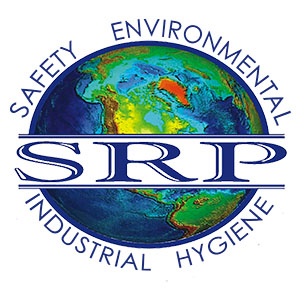It’s been over a year since OSHA changed the reporting requirements for serious injuries and fatalities. As of January 1, 2015, employers must report all injuries that involve loss of an eye, amputation or inpatient hospitalization within 24 hours. Employers must continue to report fatalities within 8 hours.
The new reporting rules are designed to:
- Enable the agency to better target our compliance assistance and enforcement efforts to places where workers are at greatest risk, and;
- Engage more high-hazard employers in identifying and eliminating serious hazards.
Previously, a fine of $1,000 was recommended for not reporting injuries or a fatality within 24 hours. However, regulators have opted to raise the fine to $5,000. Regulators cannot exceed $7,000 for reporting violations. Since the reporting rule is now in its second year, regulators are more likely to cite violations for non-reporting.
An evaluation written by David Michaels, PhD, MPH, Assistant Secretary of Labor for Occupational Safety and Health, discusses the new reporting rule. He notes that OSHA has recognized two patterns: employers will attempt to hide hazards instead of fixing them after an accident, and employers are often subject to recurring patterns of injuries. Given these two patterns, regulators will continue to follow-up with employers to monitor changes within the workplace to promote safety and ensure the same injury or accident won’t happen again.
Additionally, if OSHA finds that an employer decided not to report an injury or fatality, that employer can face up to $70,000 or more in penalties. So make sure all management and employees fully understand the importance of reporting injuries. Also, make sure management knows what to do in the event an injury or fatality occurs.
Need an updated safety program to address reporting procedures? Contact SRP Environmental at (318) 222-2364 for a comprehensive, easy to use safety program. We have convenient locations in Shreveport, Denver, Dallas, Midland, Pittsburgh & Hawaii to assist your company with environmental, health and safety needs.

 ">
">
 ">
">